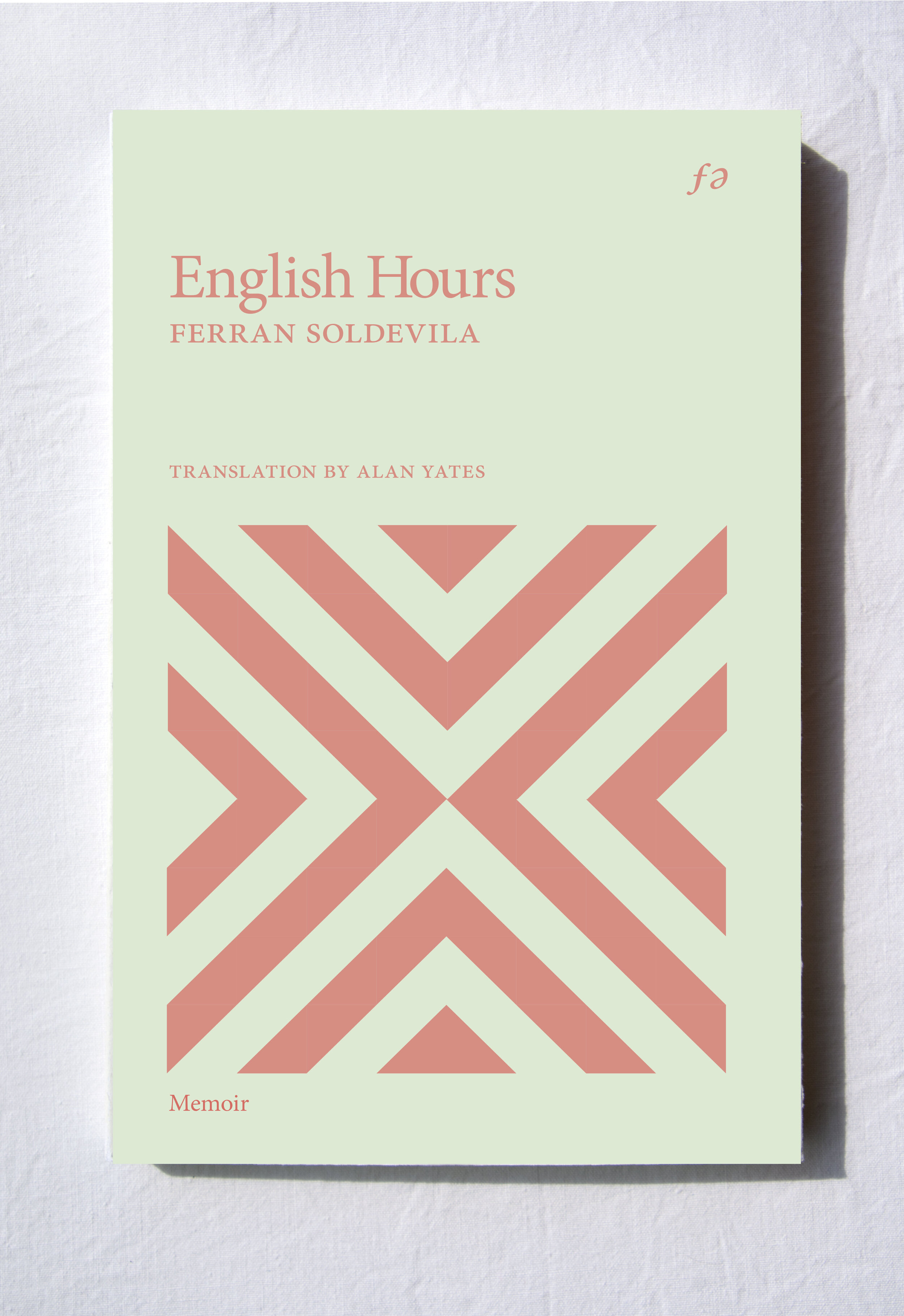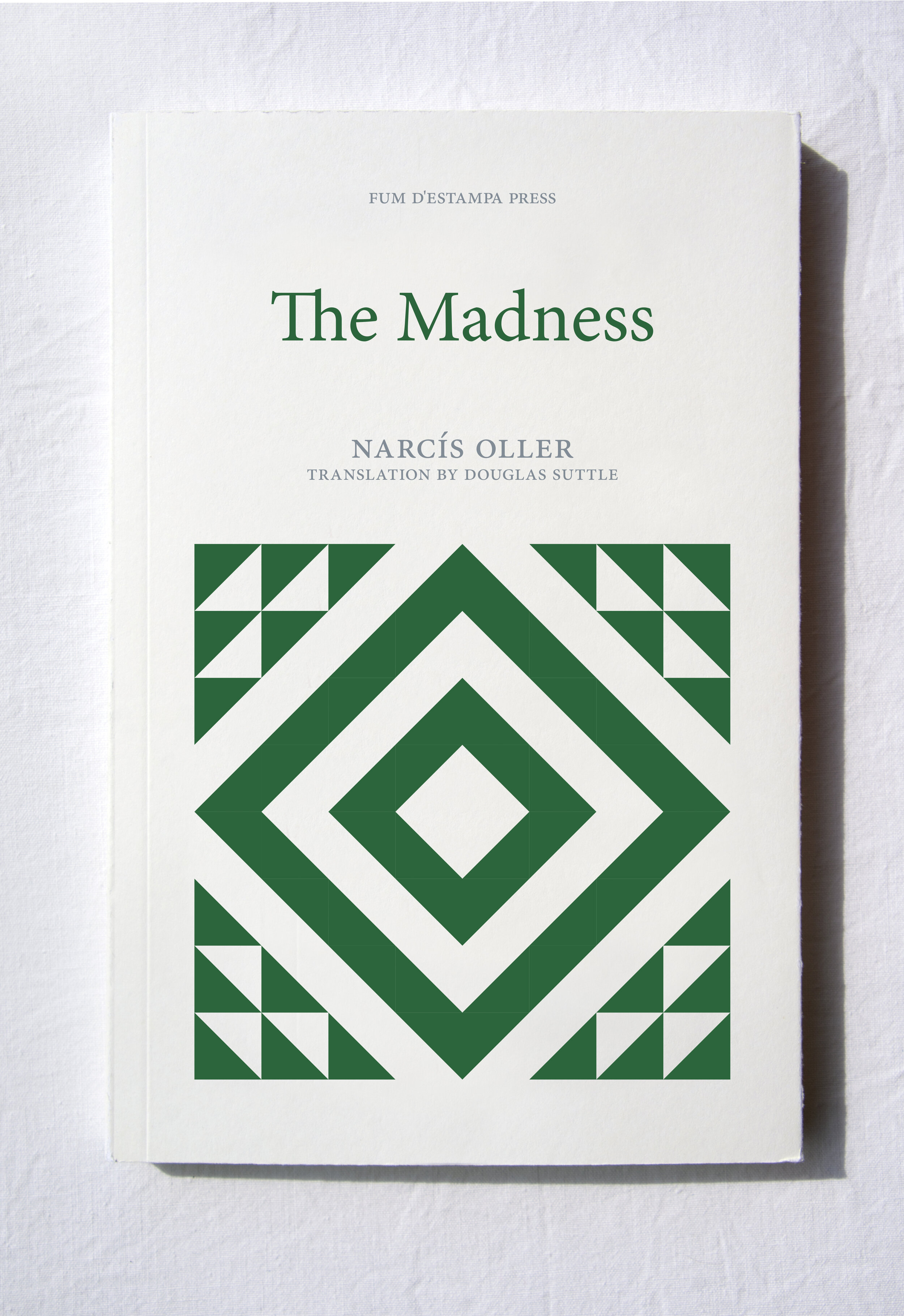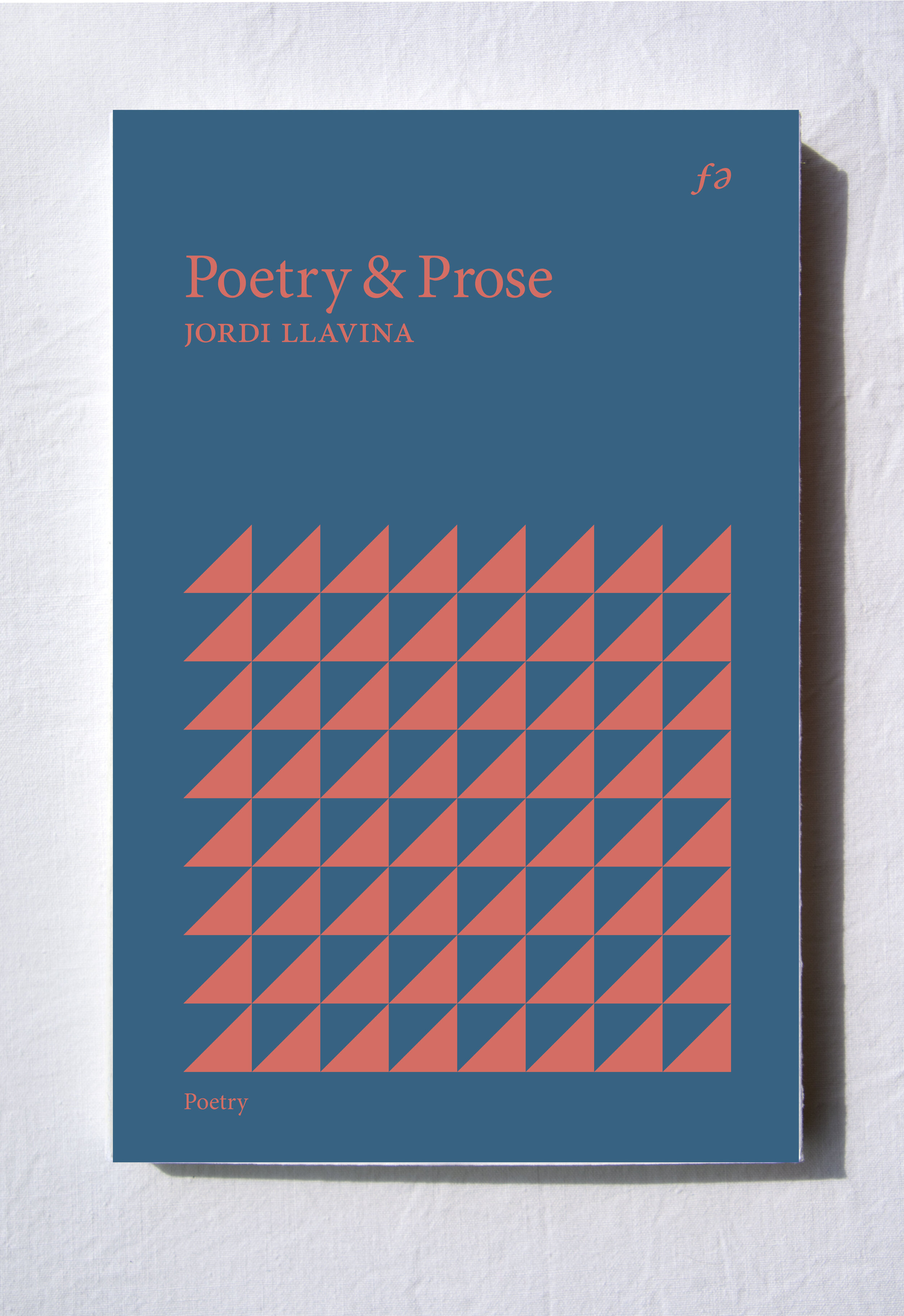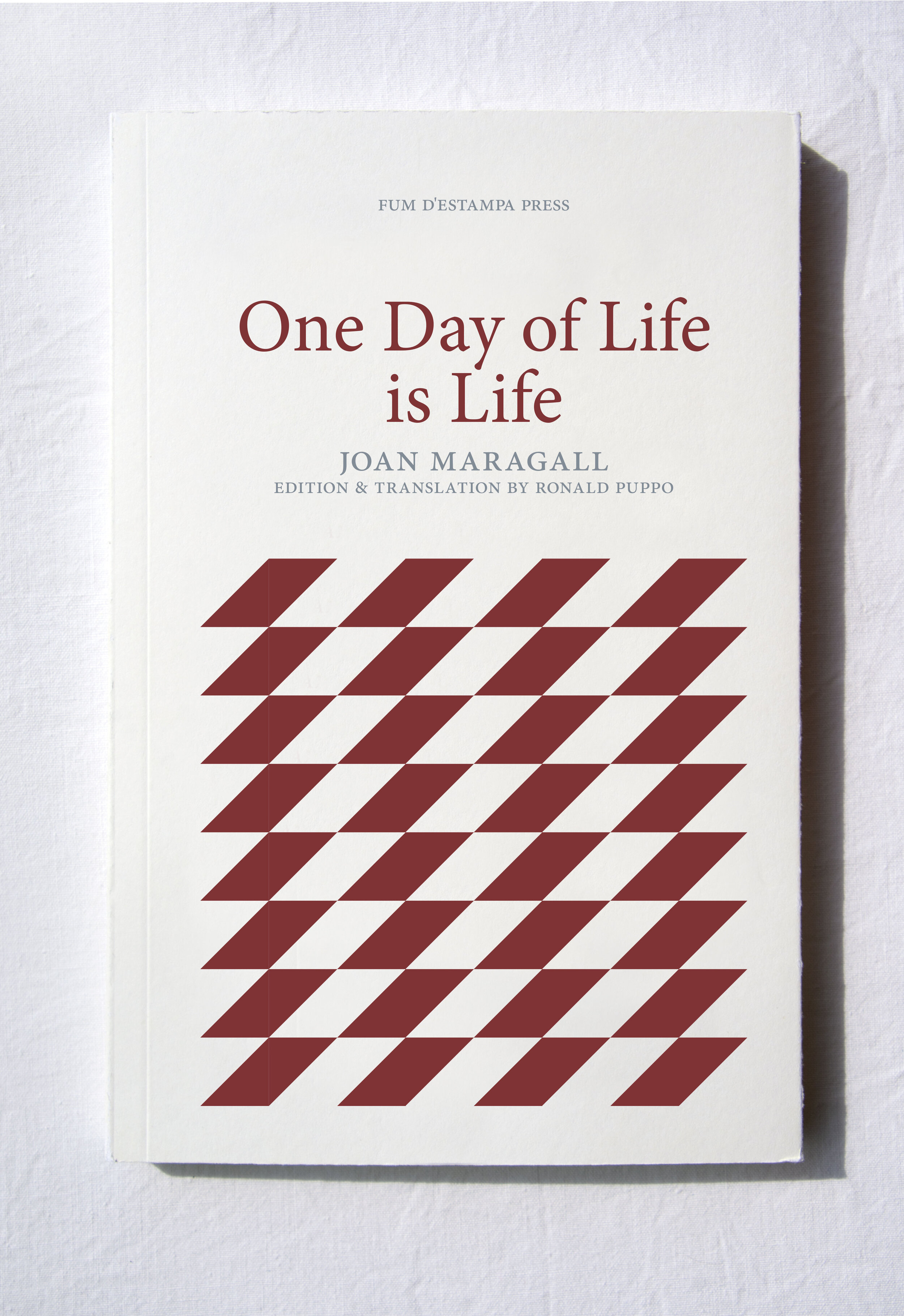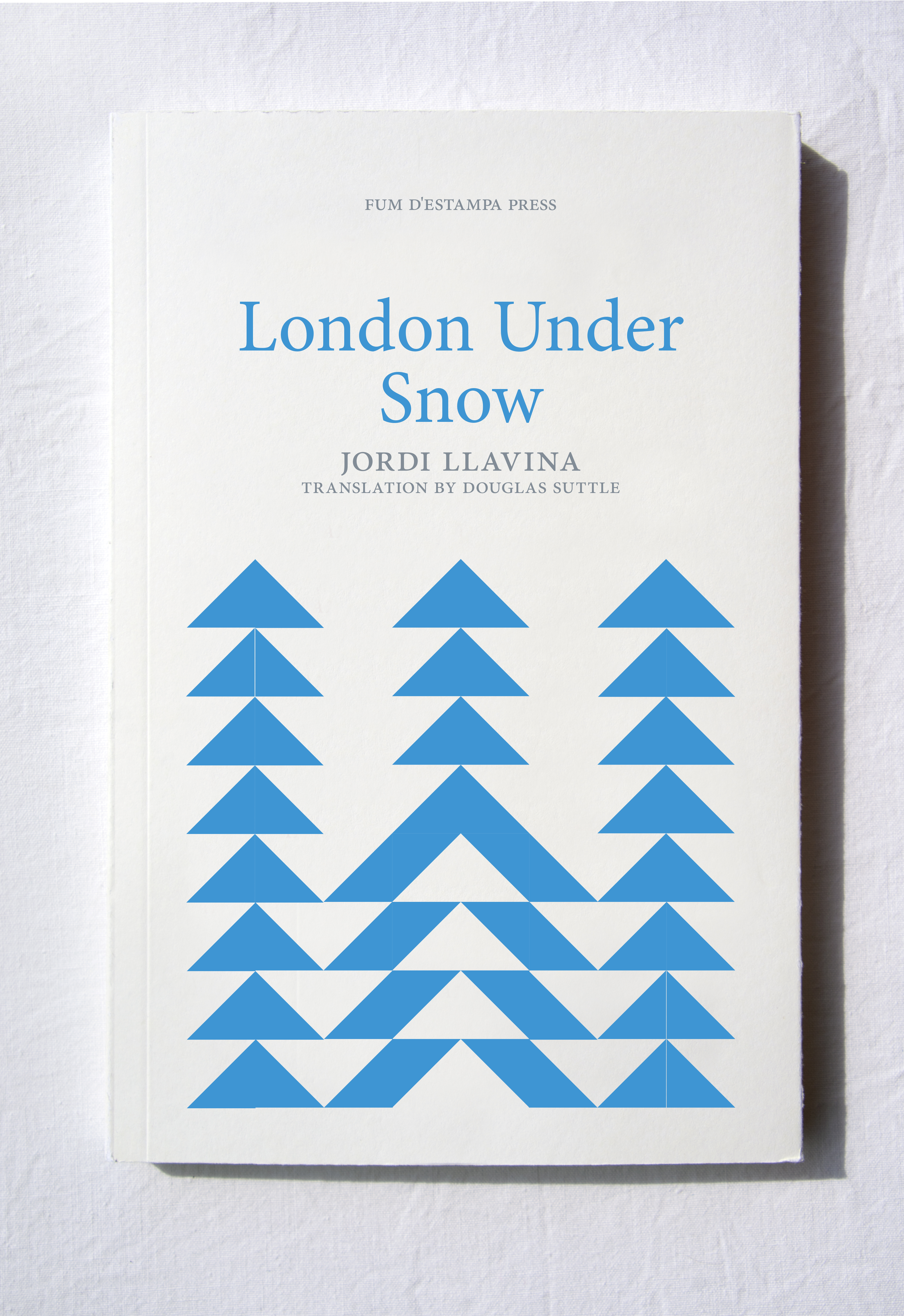English Hours
You can listen to a conversation with translator Alan Yates here.
Written in the form of a diary that runs from 1926 to 1928, English Hours is a delightful account of a Catalan in the UK during the inter-war period. In it, Soldevila writes endearingly of the country and people that he meets while providing us with an invaluable “foreign” look at this critical period in 20th-century Great Britain.
English Hours is not only an insight into British society during this period, but also provides a detailed look at the way two cultures can clash and yet how, ultimately, it is the people and individuals who make up our countries.
‘As choice as a 5 o’clock cup of tea.’ El País
‘A book that has contributed greatly to Catalan memoir writing, normalising it while at the same time elevating it to its highest climbs.’ Lluís Bonada, El Temps
‘Soldevila shows a great mind, an interesting life and a fascinating story. An excellent book.’ Carles Ribera, Presència
‘Read at the beginning of the 21st century, English Hours represents not only the rediscovering of a piece of writing once lost to culture, but also the necessity to connect this uncertain present with a brighter past.’ Francesc Foguet i Boreu, Llengua & Literatura
REVIEW BY KEVIN BORMAN, BEST-SELLING AUTHOR OF FLAMINGOS IN THE DESERT
From 1926 until 1928 the Catalan historian and writer Ferran Soldevila was seconded from the University of Barcelona and took a post as a Spanish language assistant at the University of Liverpool. English Hours is his memoir of those two years, a well-balanced mix of longer pieces where he writes as a curious tourist and shorter journal entries where he notes and reflects on everyday details. He travels widely during his time in the UK, to Edinburgh and the Highlands, to Oxford and Cambridge, to York and Chester, always interested to discover, to look, to talk, to learn. But he is equally perceptive about what he sees on his train journey to work, how he feels about the area he is living in, and the exchanges he has with his students. This book was published in the original Catalan as Hores angleses in 1938 and is only now available in English thanks to the initiative of Fum d’Estampa Press. I don’t read Catalan and haven’t seen the original but my sense is that the translation by Alan Yates has a fluent and authentic feel. Soldevila gives us a glimpse of the UK as seen almost a century ago by a curious, observant, fair-minded and gently humorous visitor. LP Hartley famously wrote: ‘The past is a foreign country; they do things differently there.’ Soldevila’s book proves this in an eloquent and charming way. I recommend it.
FROM ENGLISH HOURS
12 December London–Dover.
In our compartment, which is full, facing one another, an Italian man and an Italian woman soon strike up conversation. She is magnificent, like an opulent goddess – a Juno – who might have been painted by Giorgione: regular features, clear blue eyes, a mouth which is ampia e celeste, fair hair characteristic of Venetians. He is a withdrawn character, very formal, dark hair with strands of silver, monocle. Conversation quickly enlivens, with a blaze that is truly meridional, these two figures who at first sight could have been taken for impassive Nordic types. They themselves have been mistaken: she took him to be North-American; he thought she was English. And it turns out that he is Genoese and lives in Vienna, while she is Venetian, living in London. Flirtation began at once. In no time at all (she was going only as far as Dover, accompanying a silent friend who was seated beside her), he was already suggesting to her, in a persuasive tone: ‘Bah! Why not continue your journey, to keep your friend company.’ Silences in the conversation were always pregnant pauses. Smiles, directly face to face, initiated by her – open, familiar, knowing smiles – immediately filled these pauses and made them more expressive than any of the words they used. Even a sustained and embarrassing faux pas, committed by him, instead of attenuating the heat of those rapid first exchanges, merely raised the level of intense scintillation. They spoke about Italian restaurants in London. He said he preferred X to Y. She was intrigued and interested to know the reason for his preference. Perhaps this put our Genoese on his guard (Y is a restaurant which attracts its abundant clientele mainly through the lure of its private dining compartments), and he was quick to explain that the cuisine was what counted: ‘Io dico per la qualità del cibo.’ The conversation then moved on in other directions, until she took out a visiting card and gave it to him. ‘This man is my husband,’ she said to him, then looking directly at him, in a provocative pause, almost maliciously, awaiting the result of her move. The reaction came immediately. He shuffled abruptly in his seat and said: ‘Now you have really put me on the spot. You, madame, are what the French call a pince-sans-rire.’ The lady was, in fact, none other than the wife of the proprietor of restaurant Y. And he went on, now as though to excuse himself – a pretty excuse since a restaurant was the case in point – saying: ‘Io diceva per la qualità del cibo.’ No matter: the whole exchange was simply another pretext for them to come into greater intimacy, urgently, vehemently, enthusiastically. How Stendhal would have enjoyed this, given his love of Italy, his taste for Italian passion and sincerity, witnessing the behaviour of this couple and their vitality! Without being Stendhal, without believing that passion is the exclusive patrimony of Italy (how was he unable to find this in France itself?), without finding admirable everything that is passionate and sincere, I was delighting in all of this to the point of having to make great efforts to control my laughter, sitting there in my corner of the compartment, a comfortable spectator, watching as on either side the discreet countryside of Kent was slipping by in the delicate greyness of that morning.

